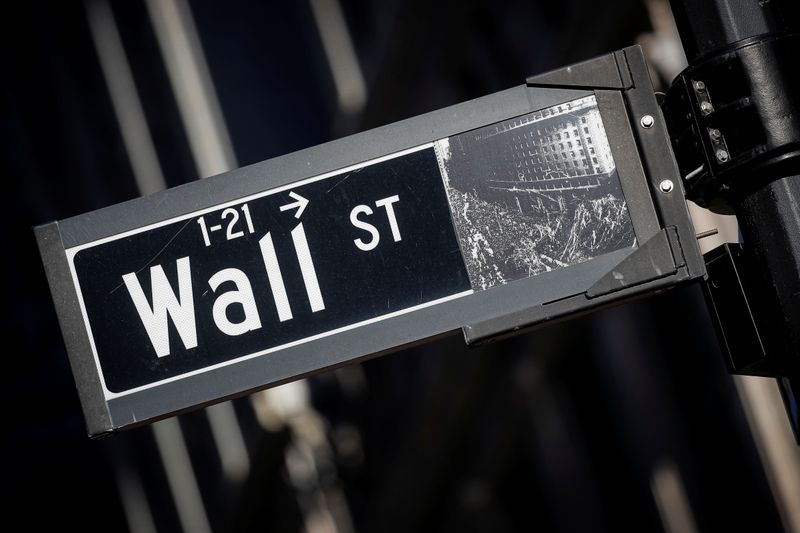Investing.com -- U.S. stocks edged higher Thursday as investors digested a fall in core inflation in December, even though headline consumer prices came in hotter than expected.
By 09:35 ET (14:35 GMT), the Dow Jones Industrial Average was up 40 points, or 0.1%, S&P 500 traded 6 points, or 0.1%, higher and the NASDAQ Composite climbed 60 points, or 0.4%.
U.S. CPI muddies rate cut waters
The U.S. consumer inflation report for December resulted in a degree of uncertainty on Wall Street Thursday, as the headline U.S. inflation release climbed to 3.4% on an annual basis in December, from 3.1% in November, and more than the 3.2% expected.
However, the so-called "core" measure, which strips out volatile items like food and energy, fell to 3.9%, down from 4.0% in the prior month, but still above the 3.8% expected.
Although the figures were hotter than the market expected, they still indicate that core prices are falling, and thus the Federal Reserve is still likely to be inclined to begin cutting interest rates this year.
Citigroup in danger of quarterly loss
The fourth-quarter earnings season starts in earnest on Friday, with results due from a series of banking giants, including Bank of America (NYSE:BAC) and JPMorgan Chase (NYSE:JPM).
Ahead of that, Citigroup (NYSE:C) stock fell 2.5% after the bank warned that its fourth-quarter results will be hit by $880 million in currency conversion losses from Argentina’s currency and another $780 million from restructuring moves.
KB Home (NYSE:KBH) stock fell 2.3% after the homebuilder disappointed with its fourth-quarter results, as the average selling price for its properties fell 4.5% during the quarter.
On the flip side, Alphabet (NASDAQ:GOOGL) stock rose 1.8% following media reports that the tech giant’s Google unit is dismissing hundreds of its employees across several divisions to decrease costs and support an ongoing push into artificial intelligence.
In other developments, the U.S. Securities and Exchange Commission (SEC) approved rule changes on Wednesday, paving the way for the creation of Bitcoin exchange-traded funds (ETFs). This eagerly awaited decision is set to provide investors with broader access to the leading cryptocurrency.
Iran seizes oil tanker
Oil prices rose Thursday, rebounding after the previous session’s weakness as attacks on shipping through the Red Sea persisted, with Iran boarding an oil tanker.
By 09:35 ET, the U.S. crude futures traded 2.2% higher at $72.91 a barrel, while the Brent contract climbed 1.8% to $78.19 a barrel.
Both benchmarks settled lower on Wednesday after official data showed an unexpected weekly build of 1.3 million barrels in U.S. inventories, contrasting with earlier industry data that signaled a draw.
While the build was minimal, the data also showed a second straight week of large product inventory builds, pointing to weakness in U.S. fuel demand. This notion was exacerbated by a severe winter storm on the east coast of the country, which further disrupted road travel in the world’s largest fuel consumer.
However, the market remained supported by ongoing concerns about disruptions to Middle East supplies, especially after Iran seized a tanker with Iraqi crude destined for Turkey on Thursday, a move likely to stoke regional tensions.
Additionally, gold futures rose 0.4% to $2,036.95/oz, while EUR/USD traded 0.1% lower at 1.0970.
(Oliver Gray contributed to this article.)
I
